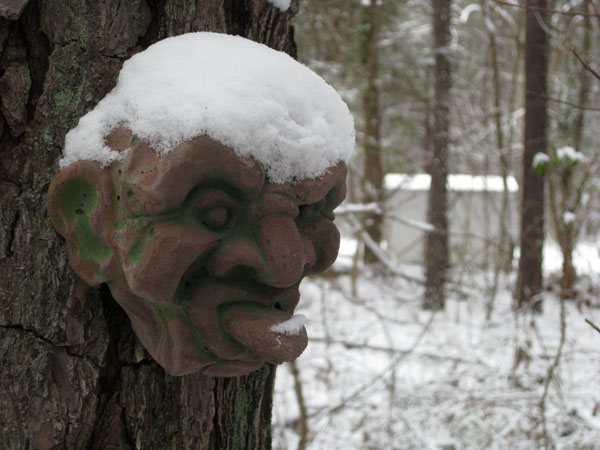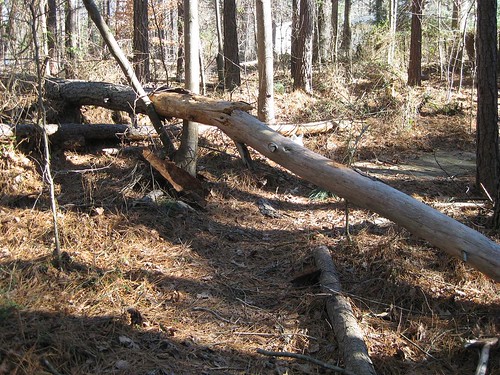It has for several years been a source of mild frustration to me that I cannot find a reliable recipe for preserves. I have all kinds of recipes for chutneys and conserves and marmalades, and for jams with honey and low-sugar jellies and for special preserves made from this or that sort of (where I live) unattainable stone fruit. What I want is simply strawberry preserves, peach preserves, blackberry preserves, and there, so far as I can tell, are no well-tested recipes to be had in books.
For basic jams and jellies, of course, the folded sheet in the box of pectin gives me instructions, but the point of preserves is not to use boxed pectin. Preserves is fruit with just enough sugar to literally preserve it, and perhaps a touch of fresh lemon juice if even that much sugar seems too sweet; it is stirred and tended while it cooks down; it is soft on the spoon and in the mouth, not molded like a school-lunch dessert. To make true preserves is to capture the essence of fresh summer fruit and hoard it away in a cupboard for the horrible soggy February morning when you simply cannot face another day of winter, and you open it up and spoon dollops onto buttered toast and feel that perhaps you can live another day.


